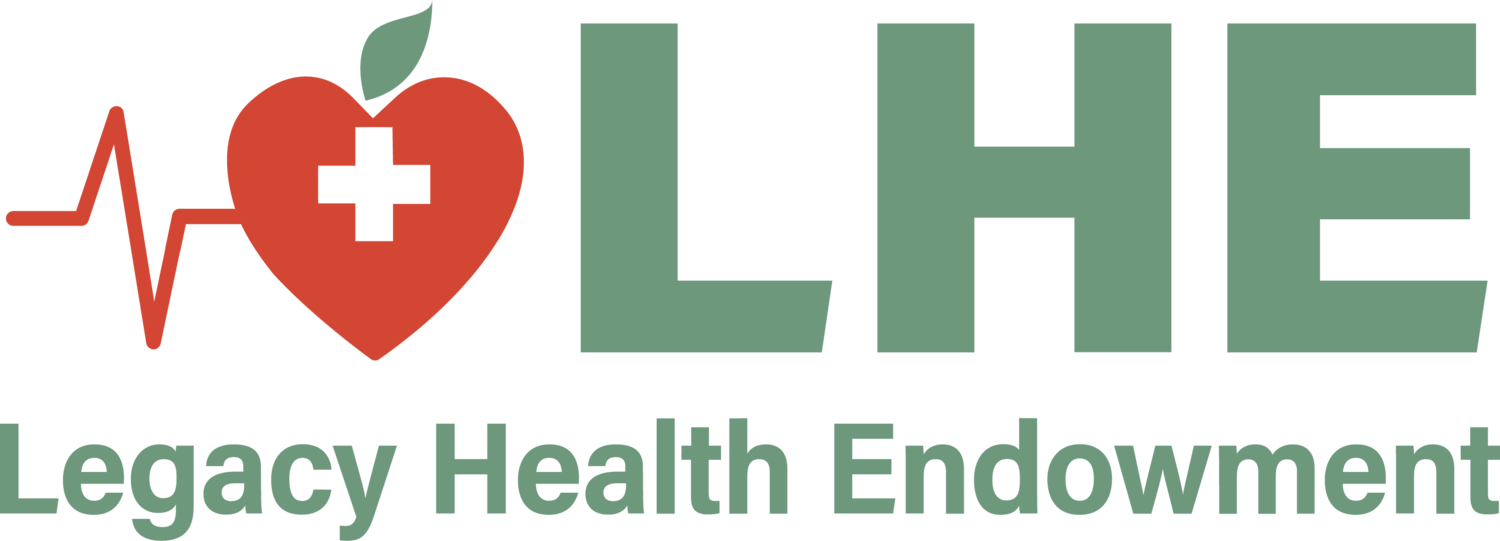There’s no greater time to teach kids about mental health
The pandemic has impacted students across the economic divide. Their shared experience of going to school, seeing friends, attending class, and participating in school activities vanished overnight. COVID-19 forced them in front of a computer, staring at a screen alone. Robbed of their identity, some children also watched as family members or friends passed away. These students have now returned to the classroom.
Some children have returned with fear in their eyes. Others hope that the pandemic will not return them to home-schooling in front of a computer screen. Whatever their concern, children often find it difficult to put their emotions into words. That’s critical at a time when the pandemic deteriorated their mental health.
As a result, hospital emergency departments saw students showing up because of a mental health crisis. In addition, rates of depression, anxiety, and in some cases, suicide, or attempted suicide rose across the nation. For parents in rural communities, there were few, if any, resources on which to rely.
As a result of this unprecedented mental health crisis, we have a unique opportunity and responsibility to make an immediate difference. Legacy Health Endowment has partnered with Health Net, one of the state’s longest serving and most experienced Medi-Cal partners, to award the Denair Unified School District a grant to launch a unique pilot project geared toward offering support to 6-12-grade students affected by mental health issues.
Led by Dr. Neha Chaudhary, MD, a double board-certified child psychiatrist, all 6-12 grade students will attend a mandatory two-and-a-half-hour seminar to increase their knowledge about mental health, increase their ability to identify signs and symptoms of mental health stress, and provide a greater understanding of how to improve their mental health.
“What better a place to reach kids face-to-face than the one place they’re required to spend more of their waking hours?” asks Dr. Chaudhary. “We’re doing two big things with this program.
“First, we are exposing middle and high school kids to mental health education and coping skills into daily classroom settings. Second, we are inviting and including the voices of the very people we want to help. By having a safe and creative space to share their perspectives and ideas on how to cope, the teens will embrace this approach and the outcomes and ideas will help them in real-life.”
In rural California, there are not enough child psychiatrists or therapists trained to help children. That makes this opportunity, and partnership, even more critical. Teaching students about their mental health is an essential first step. Children need to know it’s OK not to feel OK — and that there’s a way to start feeling better. That’s the goal and aspiration of this new, creative partnership.
-Jeffrey Lewis is the President and CEO of Legacy Health Endowment. Dr. Mittal is a family physician and Medical Director at Health Net.

